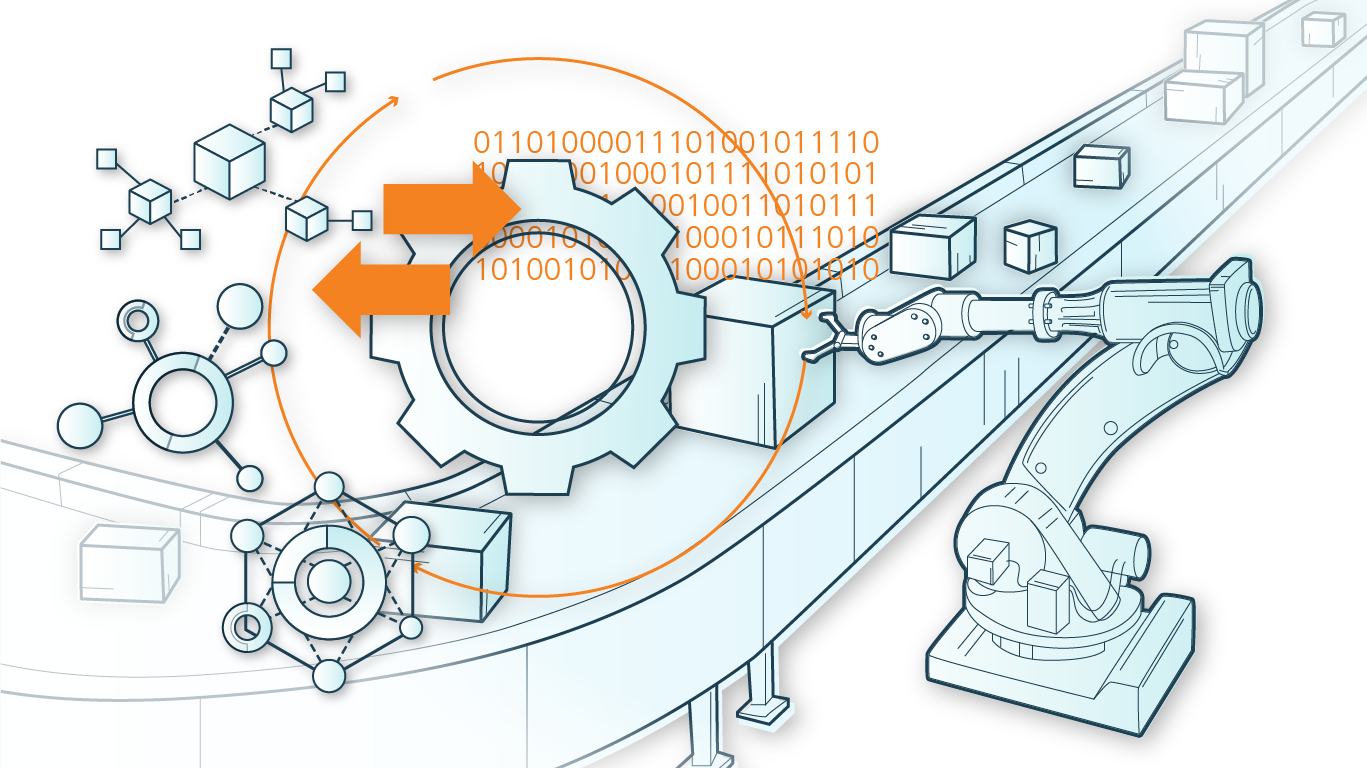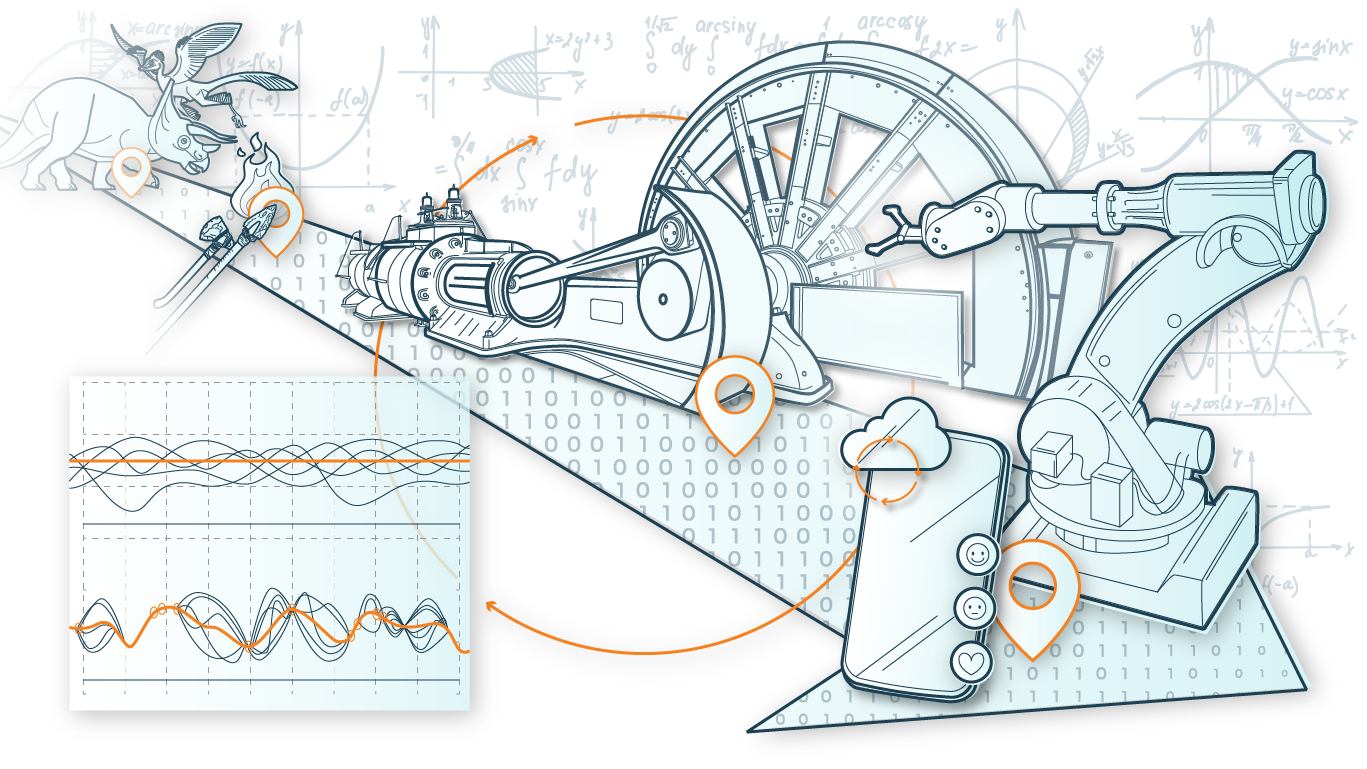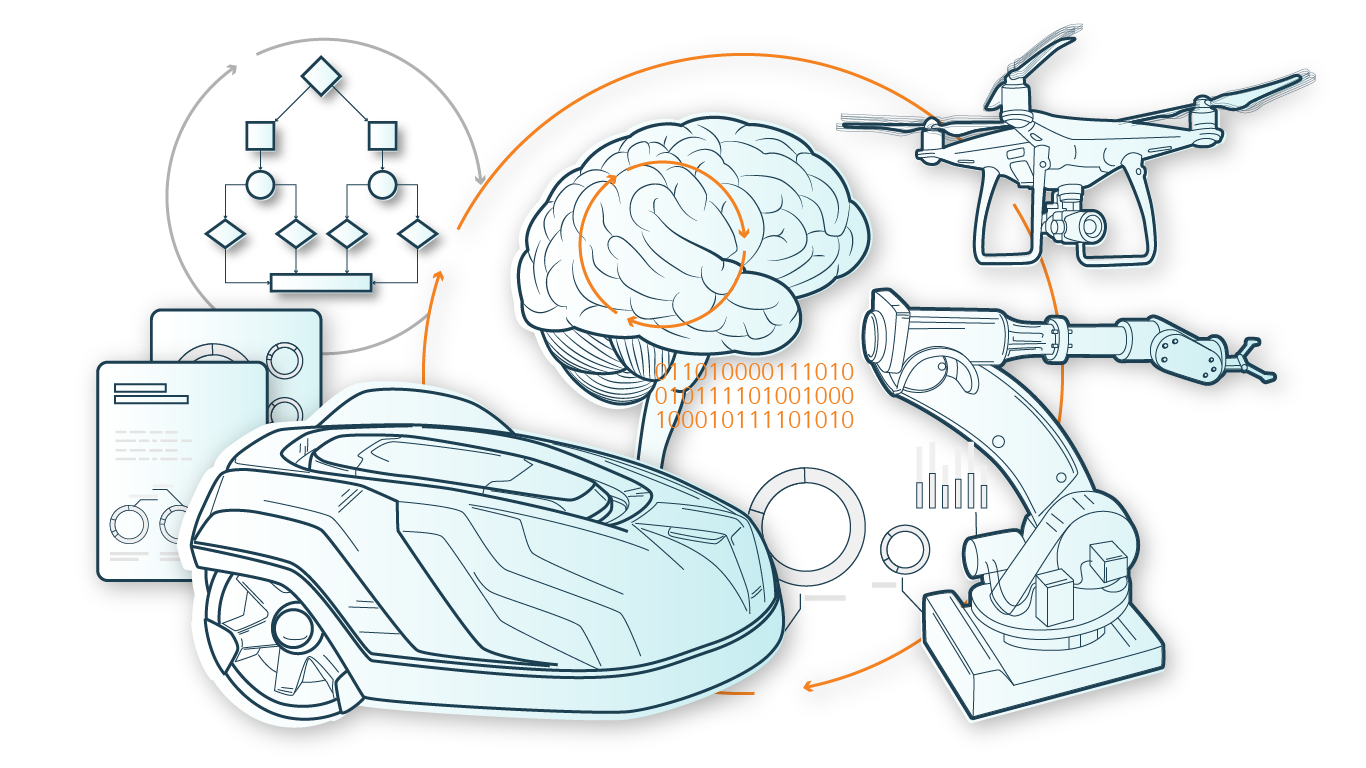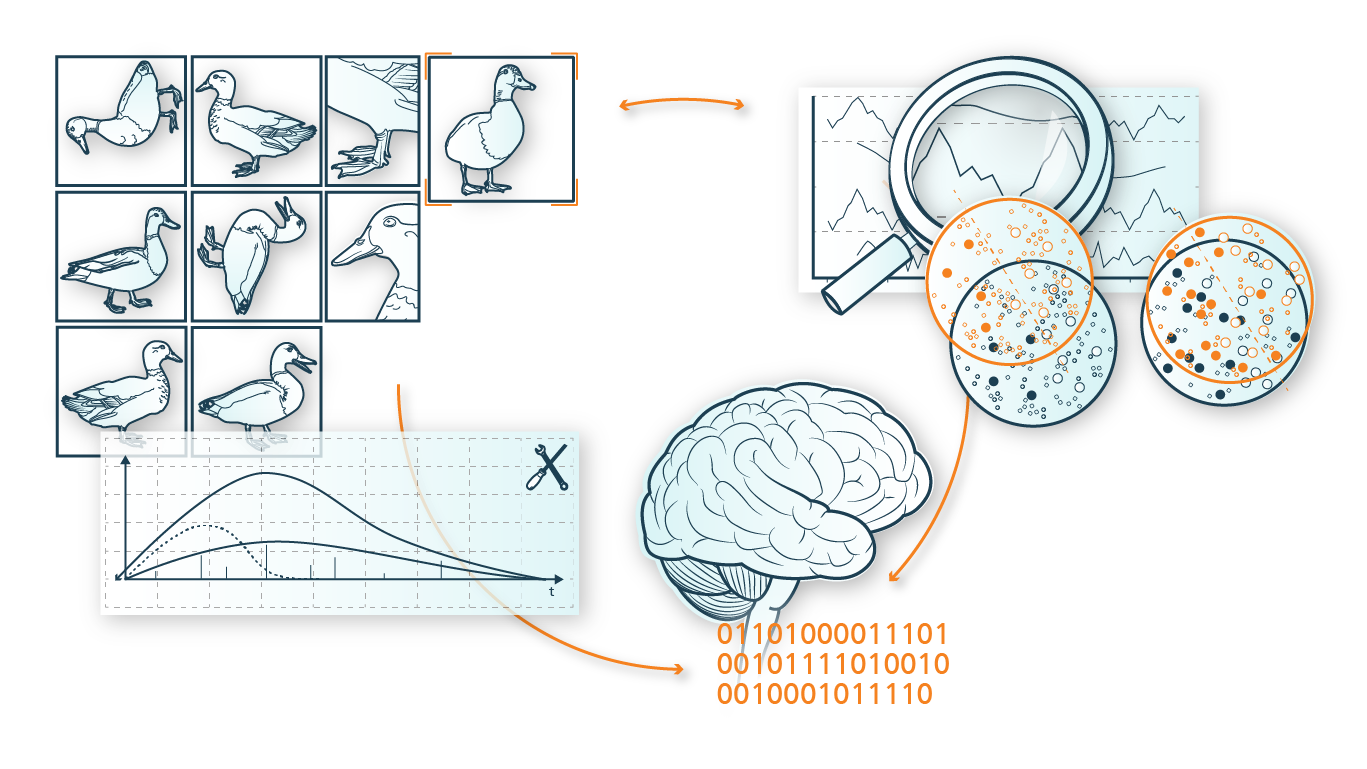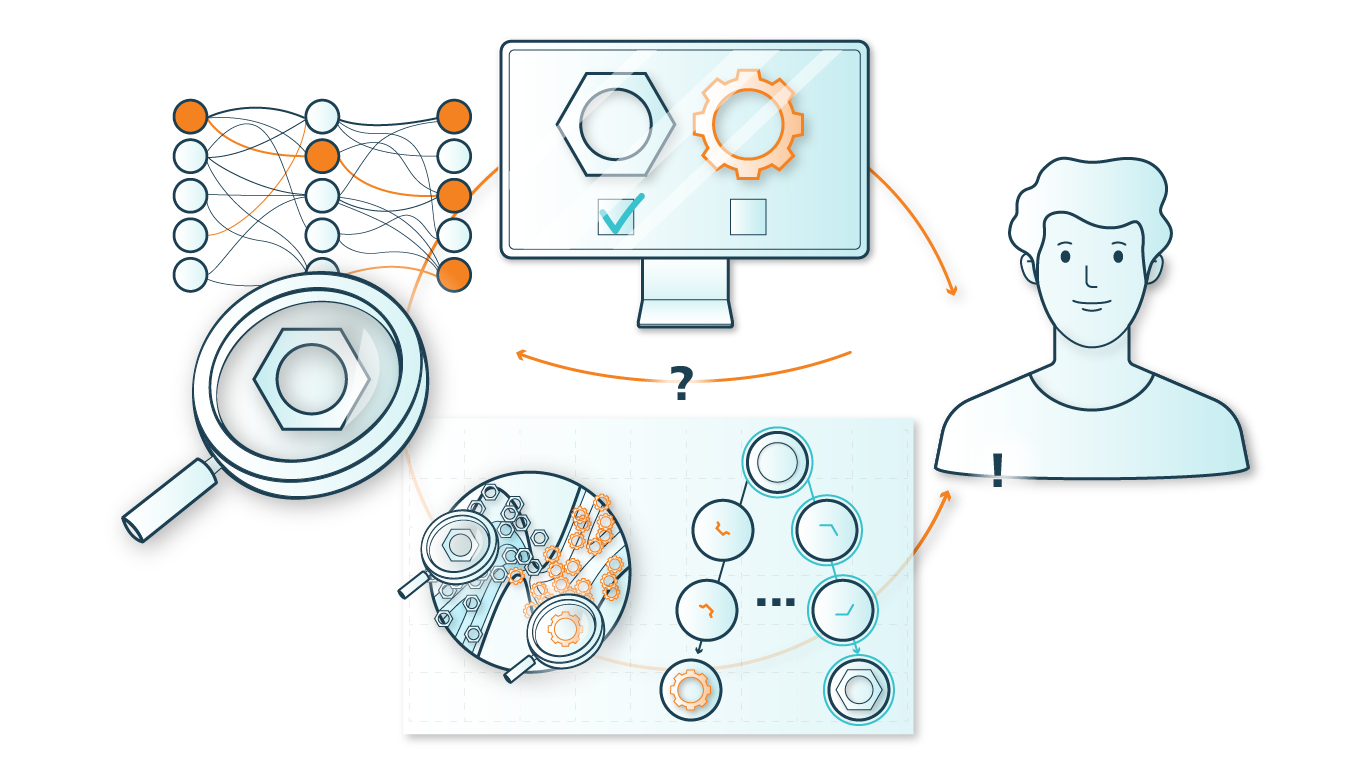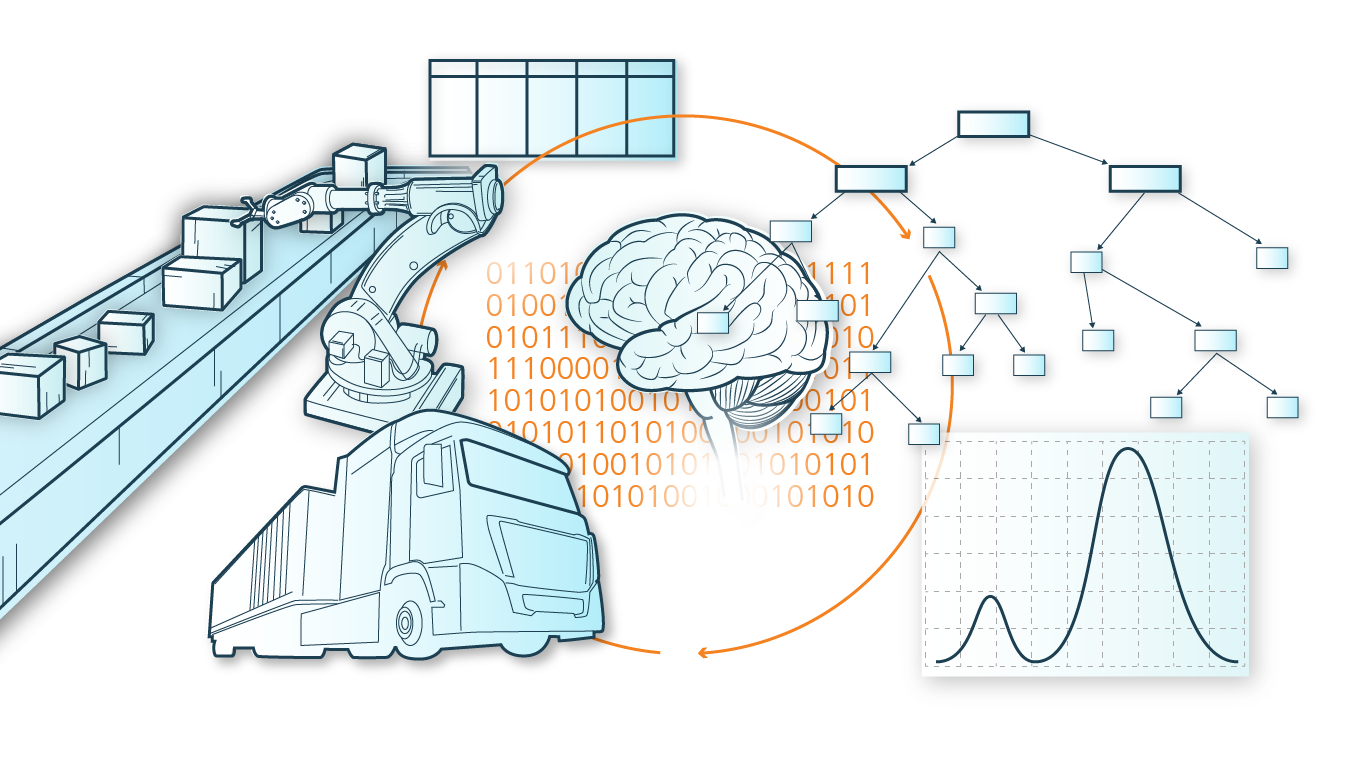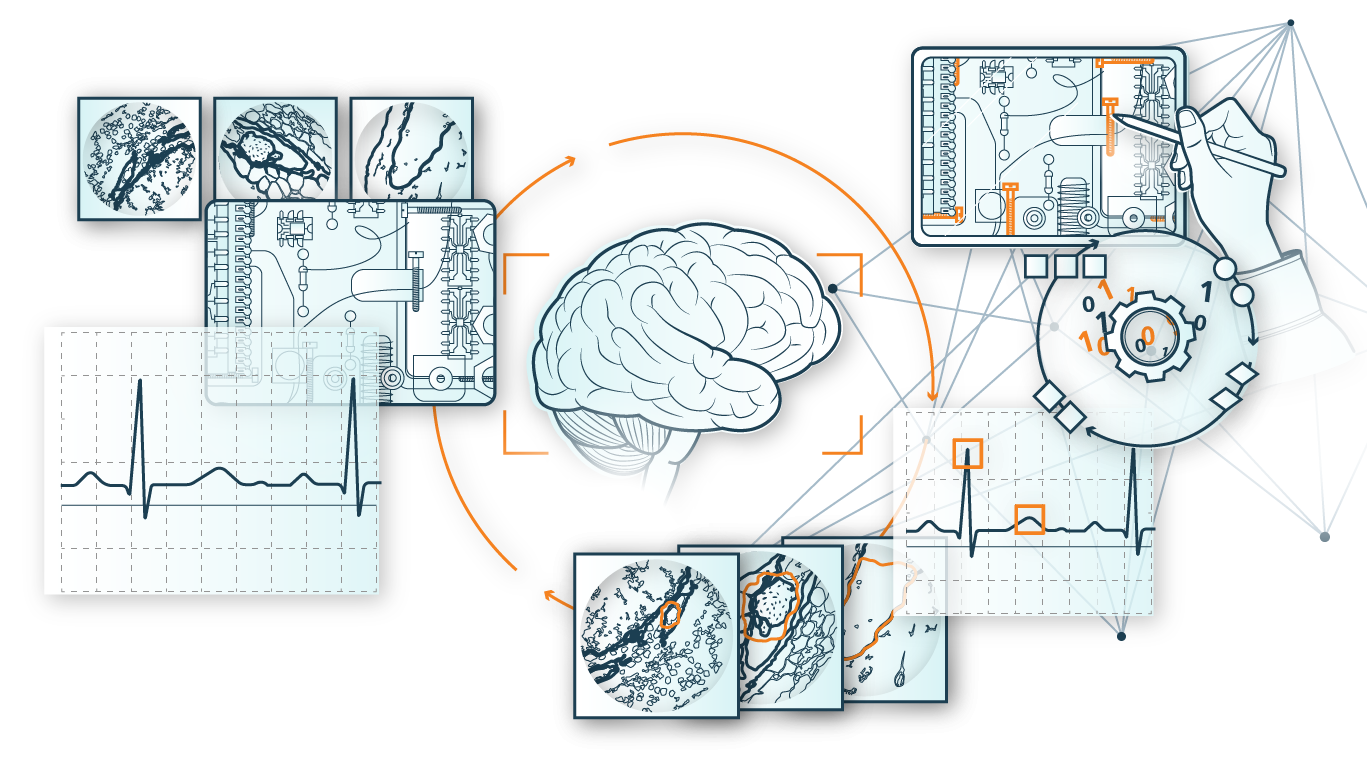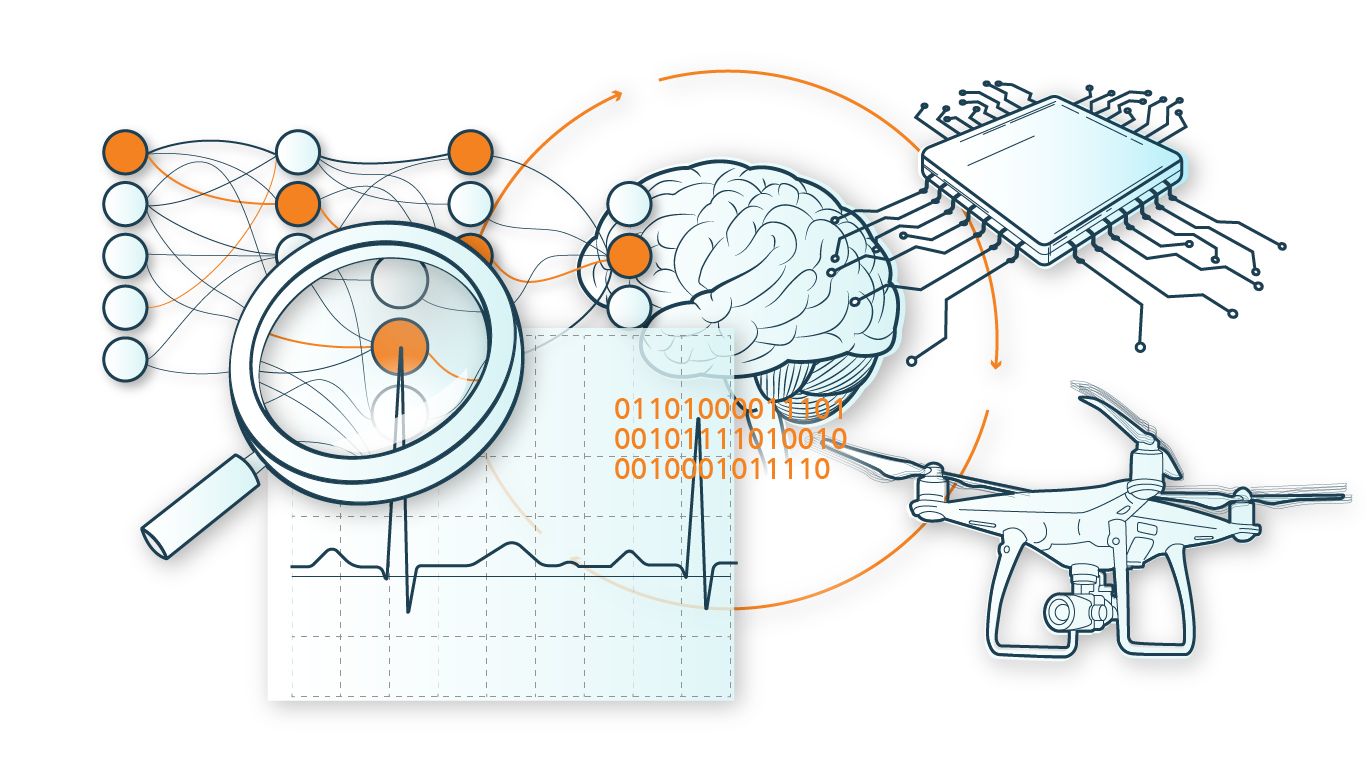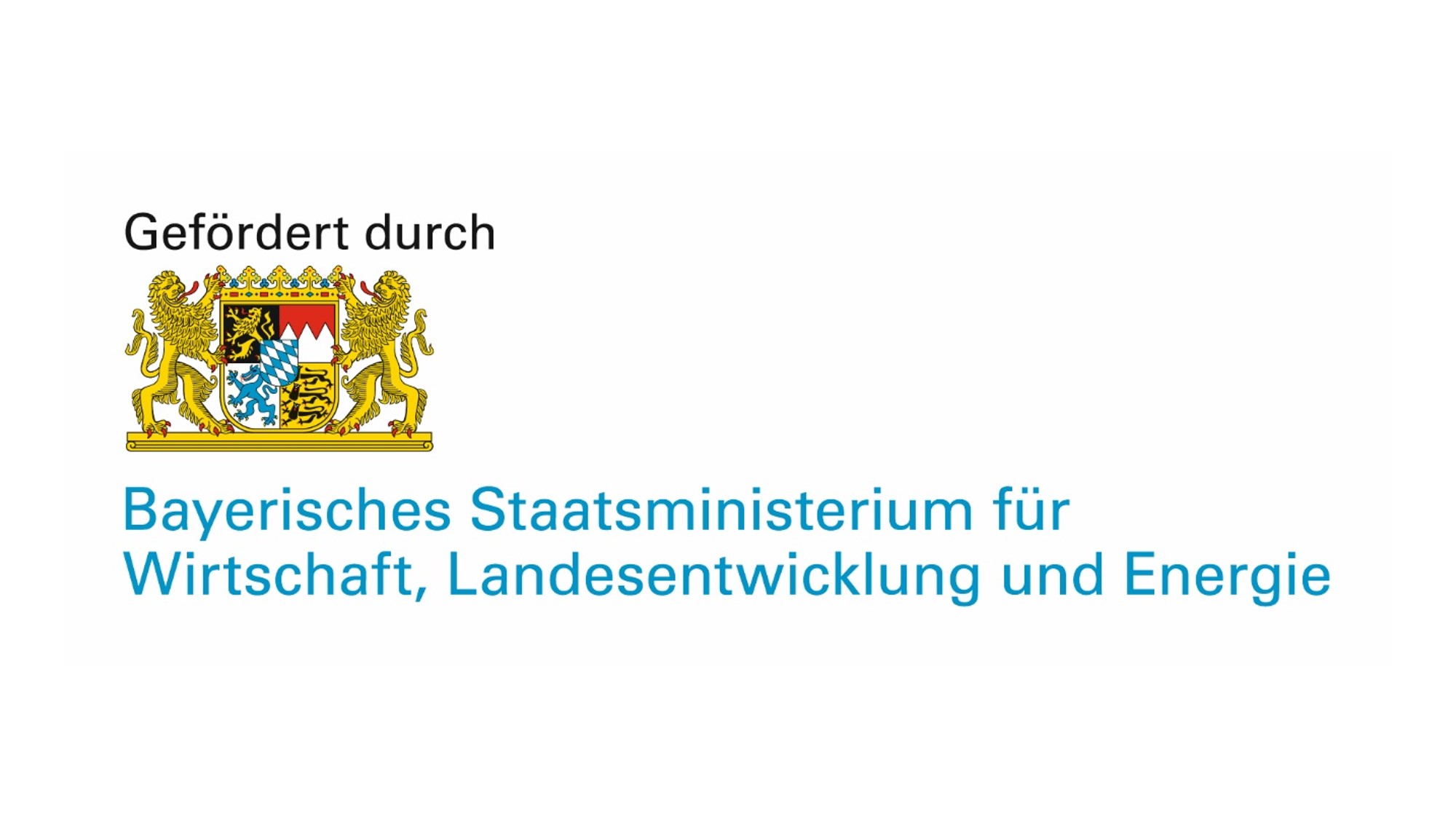New competence center for data analytics and AI in industry
Data are the raw material of the digital world. Therefore, the ability to master, analyze and evaluate data is crucial for companies to remain competitive. As data volumes grow, however, so does the importance of handling them efficiently. Methods from the field of artificial intelligence (AI) such as machine learning (ML) and mathematical optimization can help – but they require a special kind of expertise that is not readily available in many companies.
With the goal of bringing together research and industry, the Fraunhofer Institute for Integrated Circuits IIS with the Center for Applied Research on Supply Chain Services created the ADA Lovelace Center for Analytics, Data and Application, a unique research body in Bavaria, in collaboration with Friedrich-Alexander-Universität Erlangen-Nürnberg (FAU) and Ludwig-Maximilian-Universität München (LMU), with the additional involvement of the Fraunhofer Institute for Embedded Systems and Communication Technologies ESK and the Fraunhofer Institute for Integrated Systems and Device Technology IISB.
A cooperation platform for research and industry
At the ADA Lovelace Center, companies team up with leading national and international AI researchers to collaborate on specific projects. This approach leads to the rapid emergence of new data analytics methods and algorithms within concrete applications – delivering added value for industry, services, and research.


